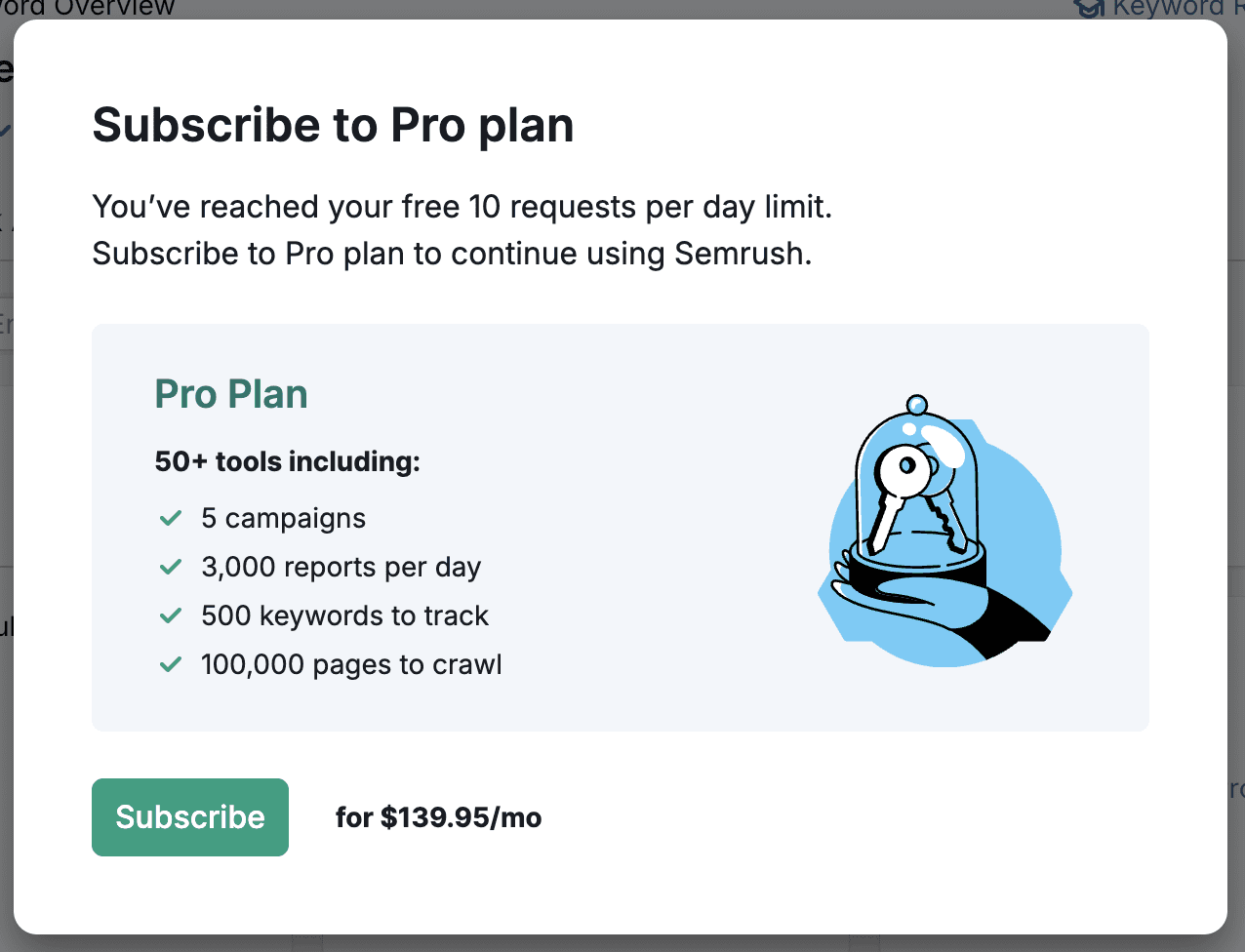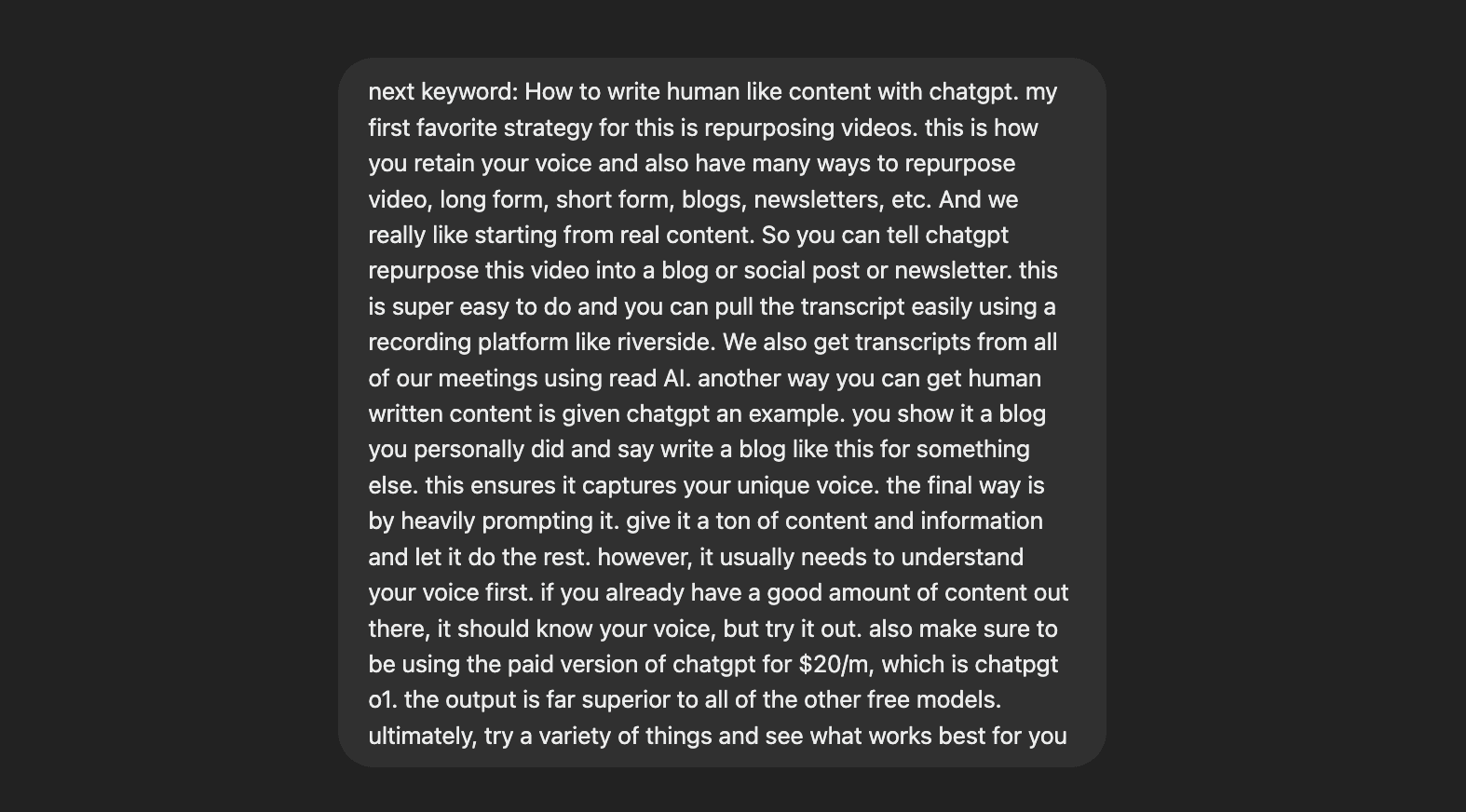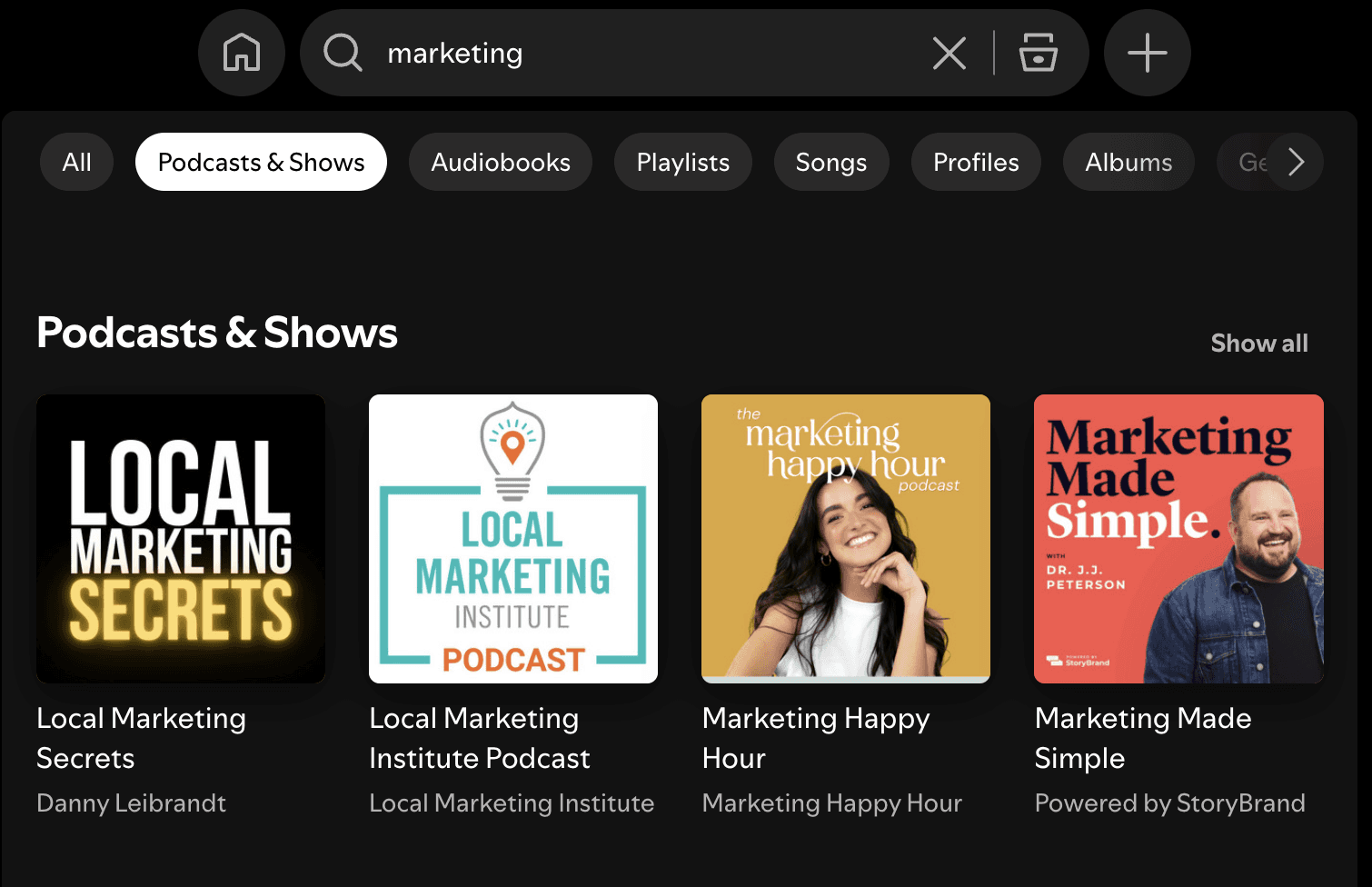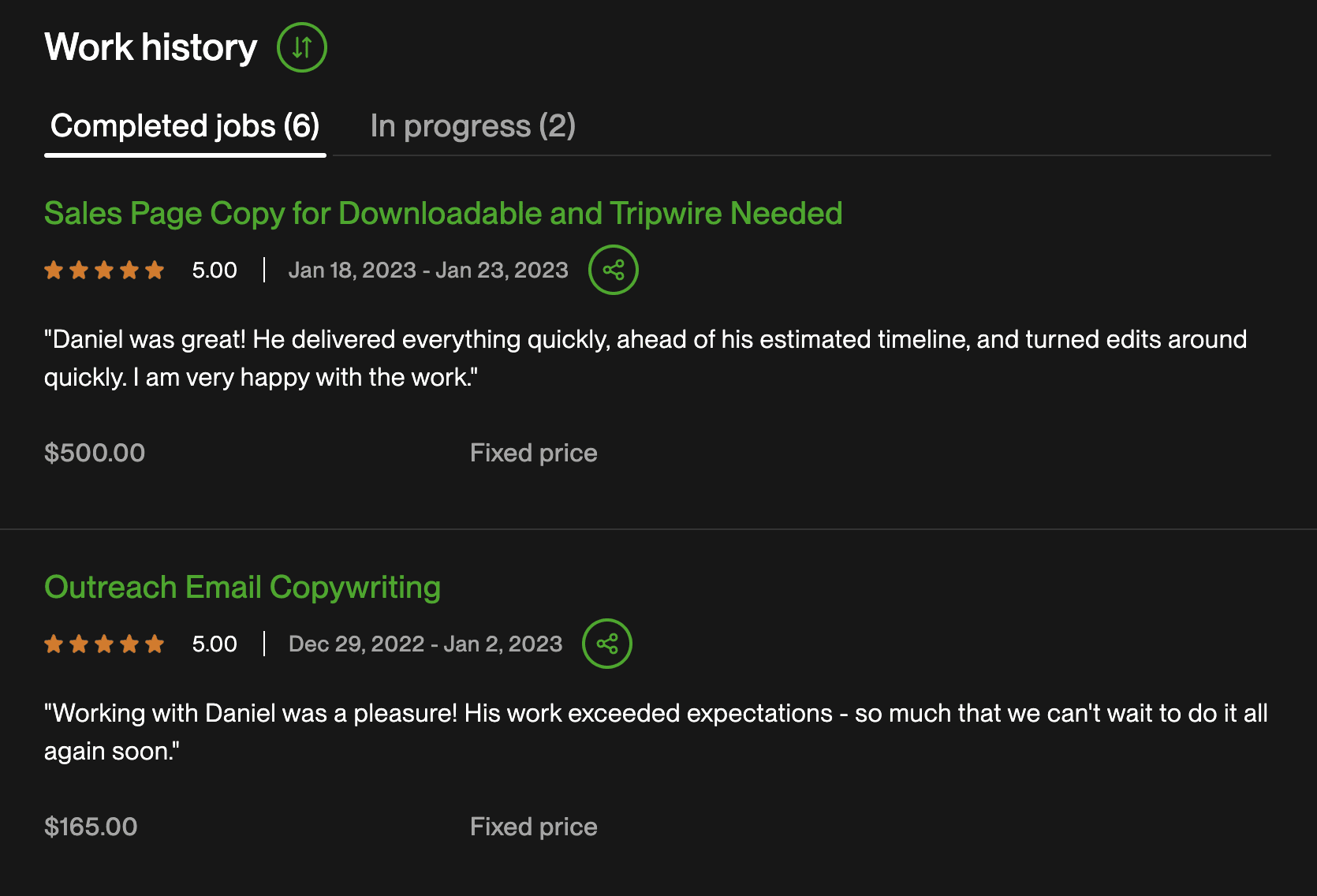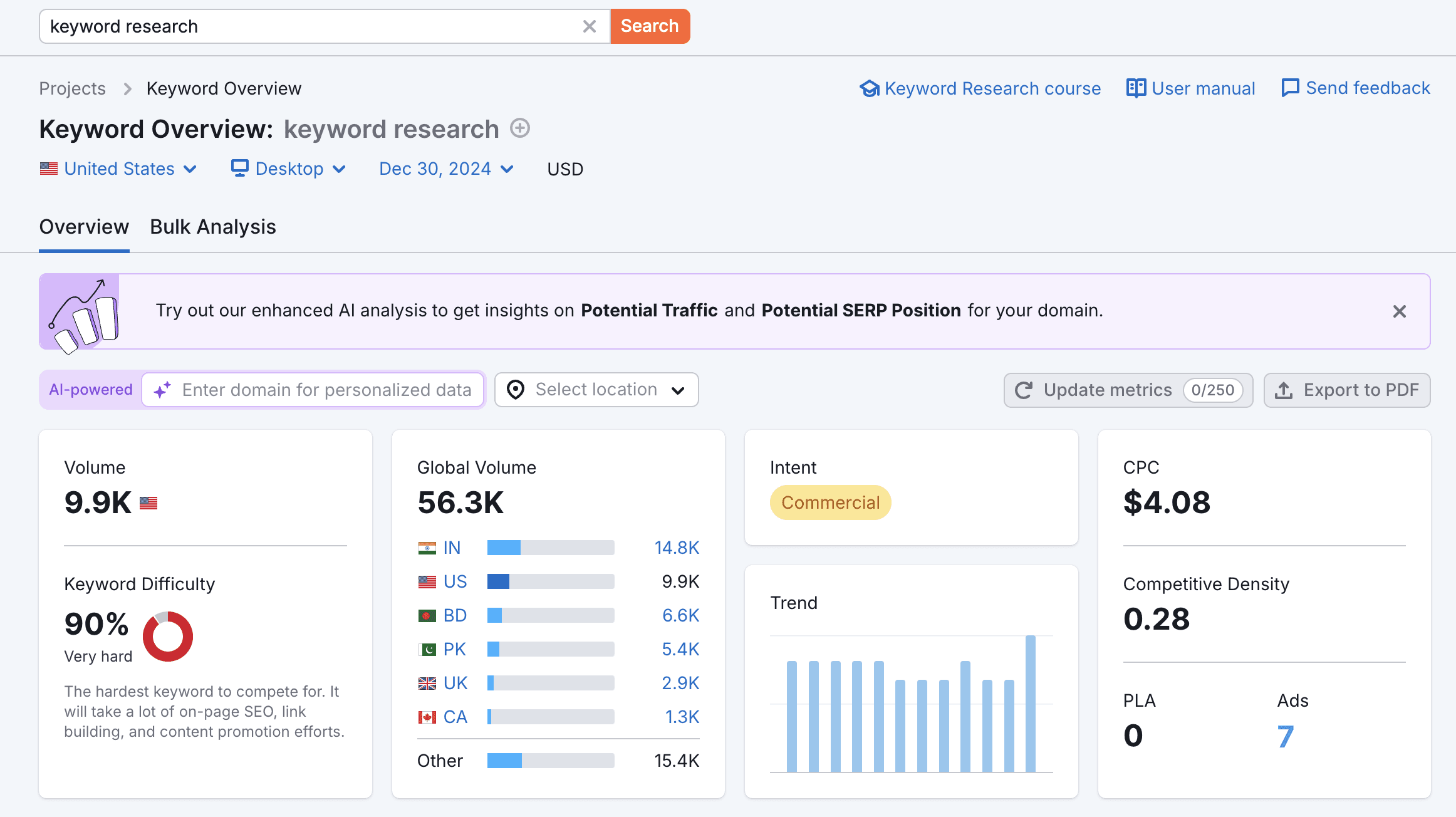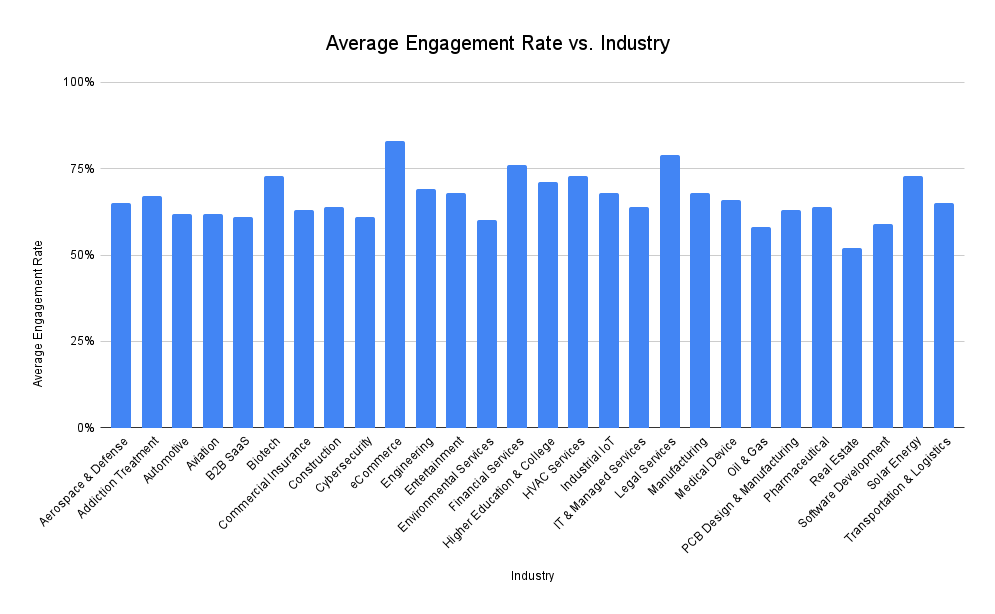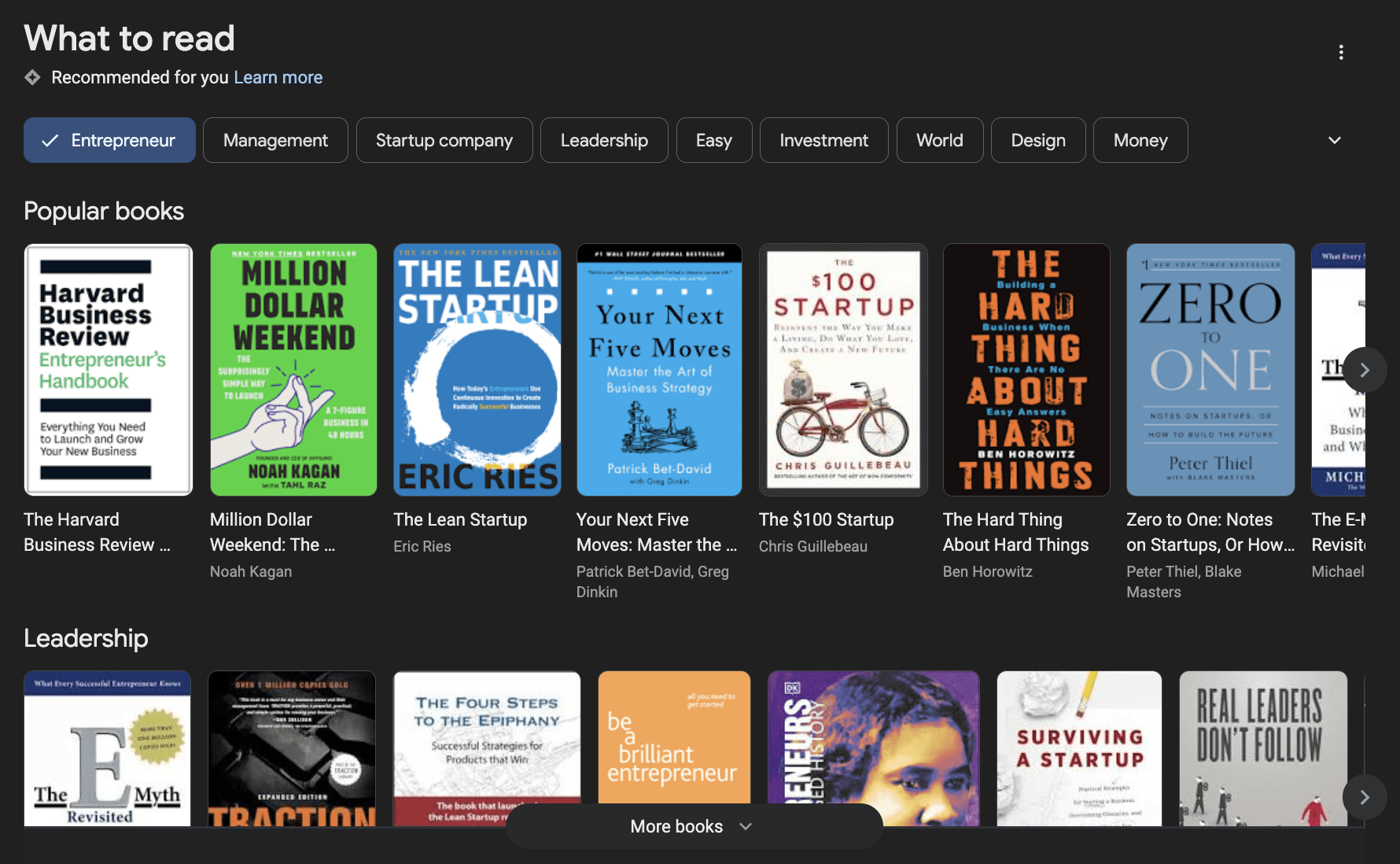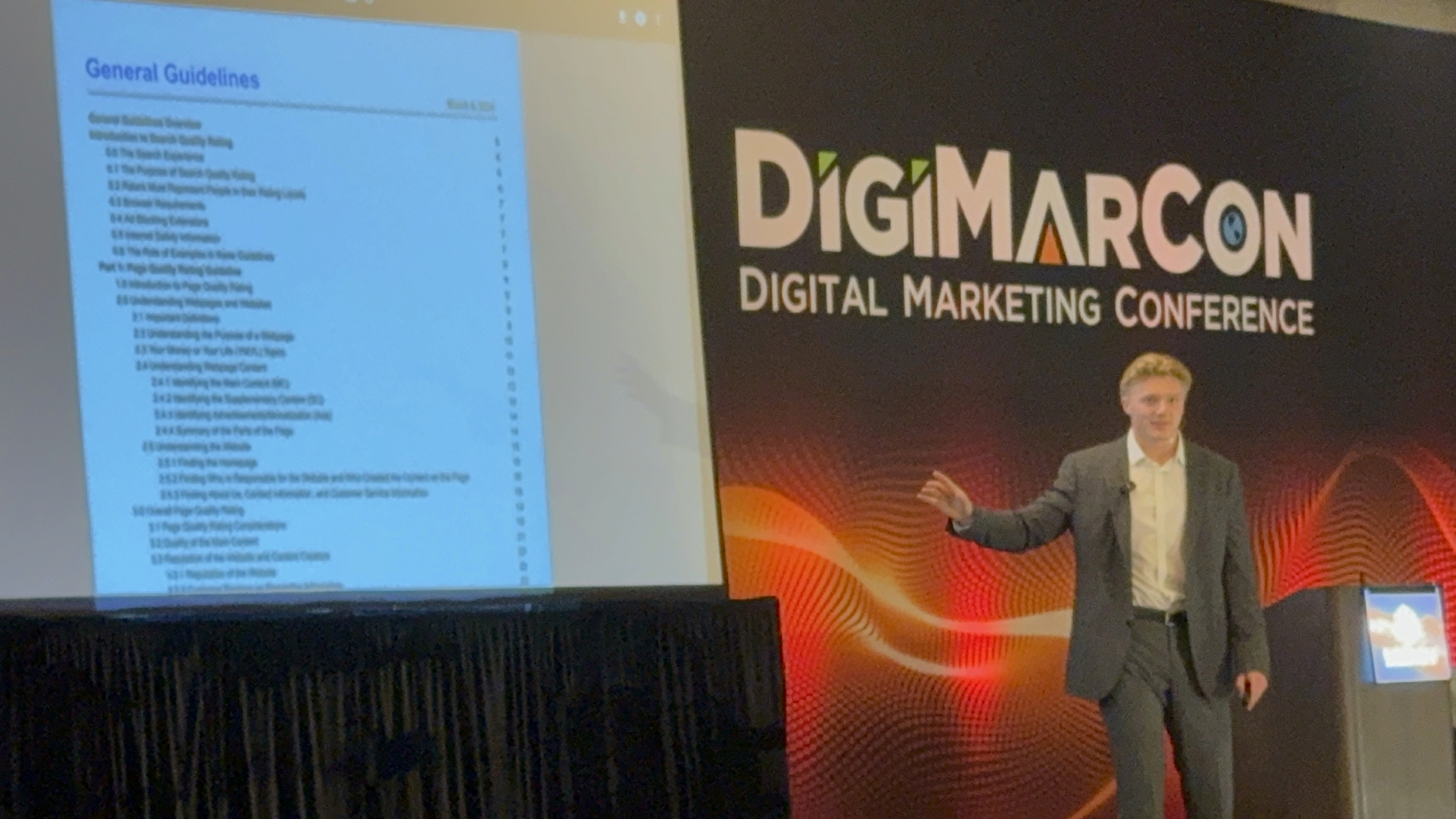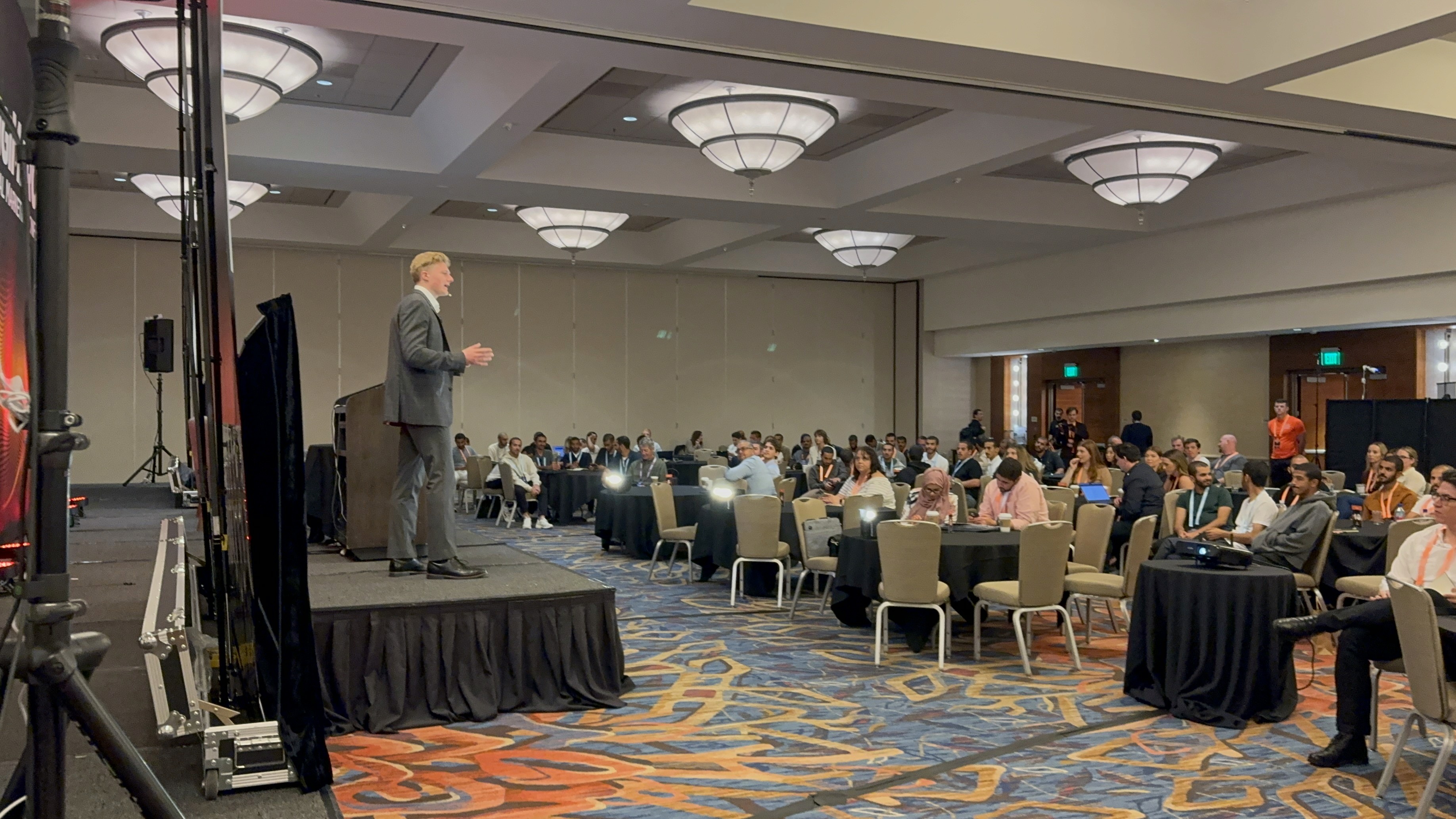Entrepreneurship
Should an Entrepreneur Experiment? The Importance of Testing
Sep 12, 2024
As an entrepreneur, you’ve probably wondered, Should I experiment? From my experience, the answer is a resounding yes. Experimentation is crucial in entrepreneurship. It's one of the best ways to innovate, adapt, and grow in a world that’s constantly changing.
Personally, I’ve learned that being open to experimentation can make all the difference between staying stuck and moving forward. So, let’s talk about why experimenting matters, how I approach it, and how you can experiment wisely without going off the rails.
/ / / / / / / /
1. Why I Believe Entrepreneurs Should Experiment
We’ve all been there—working in uncertain environments where you can’t predict what’s going to happen next. Experimenting, in my view, is the only way to uncover new opportunities, validate ideas, and pivot when things don’t go as planned.
a) Innovation Comes from Experimenting
Every breakthrough I’ve seen, whether in my own business or others, comes from trying something new. Experimentation is at the core of innovation. You can’t wait for a perfect plan; you have to test things out.
Look at the big players like Amazon, Apple, and Tesla. These companies became giants because they weren’t afraid to push the envelope. I’m always inspired by how their willingness to experiment—sometimes at the risk of failure—led them to reshape entire industries.
b) Minimizing Risk by Testing Ideas
Now, let me clear something up. When I say experiment, I don’t mean gambling with your business. Experimenting actually helps reduce risk. Instead of diving headfirst into something untested, you can run small-scale experiments, gather insights, and only move forward when you have some data to back it up.
For instance, I’ve run small tests on new service offerings or marketing strategies. By testing them with a limited audience, I can see what works before committing major resources. It’s saved me time and money more than once! This is what entrepreneurism is all about.
c) Adaptation Leads to Growth
I’ve found that experimenting keeps me adaptable. Consumer behavior changes, competitors come and go, and industries evolve. Entrepreneurs who experiment are better positioned to adjust and grow when those changes come knocking.
Take Netflix, for example. They started out mailing DVDs, but they saw the digital shift and experimented with streaming. That experiment led to them becoming the dominant force in entertainment today. It’s a reminder that we can’t get too comfortable with what’s working now.
2. How I Approach Experimentation in My Business
Experimenting is essential, but I’ve learned there’s a smart way to go about it. Over the years of starting several businesses like Pest Partner, I’ve developed a few guidelines that help me experiment effectively without wasting time or resources.
a) Start Small and Test Quickly
One thing I’ve realized is that starting small is the way to go. I’m a big fan of the Minimum Viable Product (MVP) approach. It allows me to test out new ideas quickly without spending too much upfront. Whether it’s a new service, product, or marketing strategy, I like to launch with just enough to gauge interest.
By doing that, I get fast feedback and can decide if it’s worth scaling. If the feedback is positive, great—I build on it. If it’s not, I haven’t lost much and can adjust accordingly.
b) Measure, Measure, Measure
I can’t stress this enough: always track your results. If you don’t know what’s working or why something failed, how can you improve? Every experiment I run is followed up with data analysis. I look at what worked, what didn’t, and how I can tweak it moving forward.
For example, when testing out new marketing strategies, I’ll track metrics like conversion rates or customer acquisition costs. Without that data, it’s just guesswork. And as entrepreneurs, we can’t afford to rely on guesses.
c) Embrace Failure
Here’s the reality—some (if not most) experiments will flop. And that’s okay. Things are not as glamorous as they seem from the outside, there's many cons of being an entrepreneur. One of the biggest lessons I’ve learned is that failure is part of the process. In fact, some of my best business decisions have come from learning what didn’t work.
I think about Thomas Edison’s approach. He failed thousands of times before creating the lightbulb, but each failure was a step closer to success. That mindset helps me stay motivated when things don’t go as planned.
d) Encourage a Culture of Experimentation
If you have a team, this is key. I’ve found that when you create a culture where experimentation is encouraged, it leads to better ideas and more innovation. When people aren’t afraid to try new things, creativity flourishes.
At companies like Google, employees are given time to work on experimental projects—and that’s led to some of their most successful products like Gmail. While I’m not Google, I try to give my team the same freedom to test and innovate.
3. Real-World Examples of Experimentation in Action
I’m always inspired by other entrepreneurs who’ve succeeded because they embraced experimentation. Here are a few that stand out:
a) Elon Musk (Tesla, SpaceX)
Elon Musk is someone I really look up to when it comes to pushing boundaries. Whether it’s electric cars or space exploration, Musk thrives on experimentation. Tesla didn’t become a leader in the EV industry by playing it safe—they experimented with new technologies, and it paid off.
b) Jeff Bezos (Amazon)
Jeff Bezos built Amazon on the foundation of experimentation. From the early days of selling books to introducing services like Amazon Prime and the Kindle, he was constantly testing new ways to improve customer experience and expand the business.
c) Sara Blakely (Spanx)
Sara Blakely’s story is another great example. She didn’t just come up with the idea for Spanx and hope it would work—she experimented with different materials and designs until she found the perfect product. Her willingness to experiment is what helped her build a billion-dollar company.
Conclusion: Should an Entrepreneur Experiment? Absolutely.
In my experience, experimentation isn’t just something entrepreneurs should do—it’s something we must do. It’s the key to staying innovative, minimizing risks, and adapting in a constantly changing world.
By experimenting, starting small, tracking results, and embracing failure, we can discover new opportunities and unlock long-term growth. The truth is, in entrepreneurship, if you’re not experimenting, you’re probably not growing.
So, go ahead—try something new. You never know where it might lead.
Latest
More Blogs By Danny Leibrandt
Get the latest insights on business, digital marketing, and entrepreneurship from Danny Leibrandt.

























